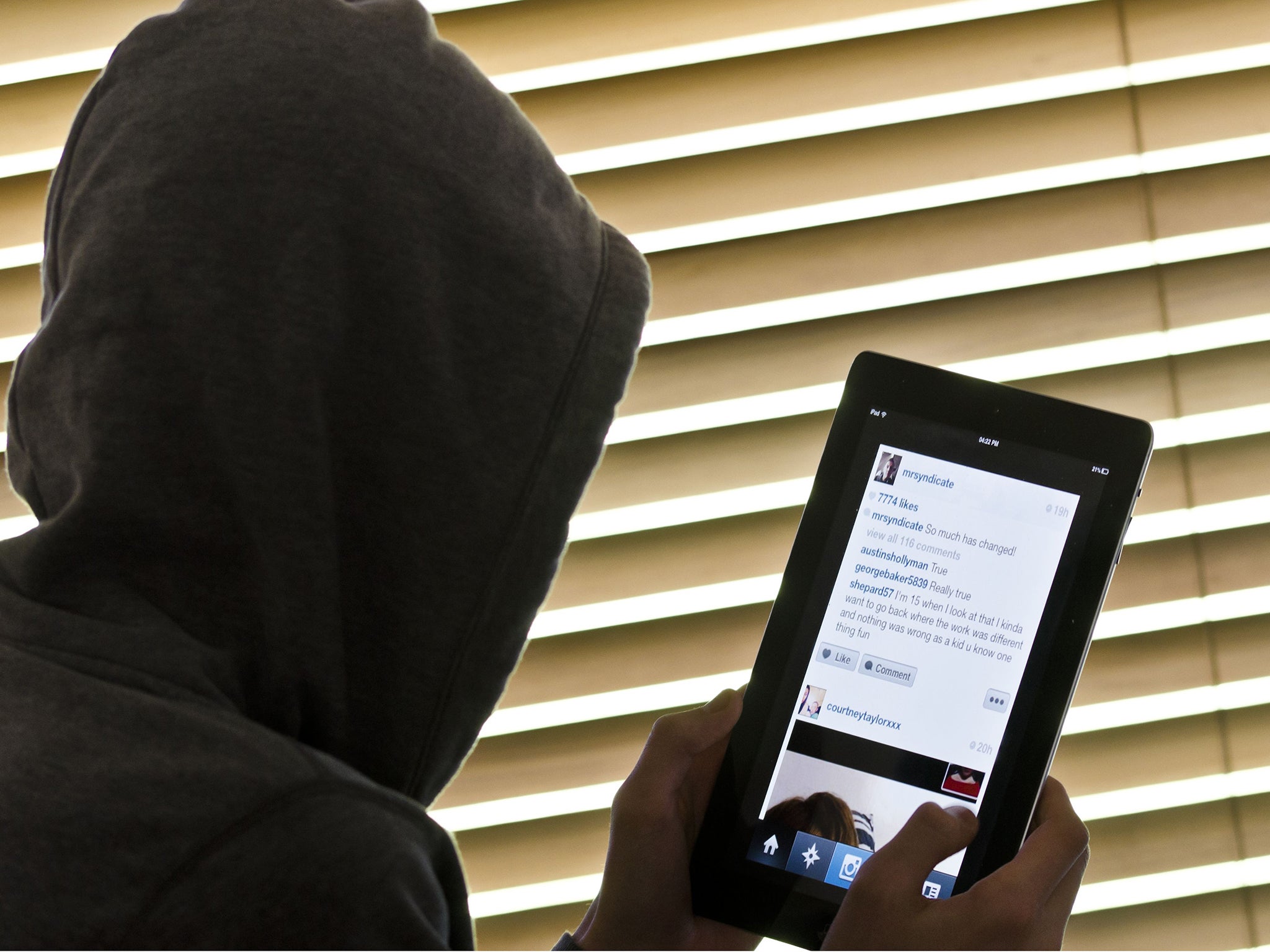NHS to warn terror victims of being targeted by internet trolls after spate of attacks
NHS England is also set to warn staff to avoid speaking to journalists in the hours after a terror attack

NHS England is set to issue guidance to staff and terror attacks victims warning them about the risk of social media trolls and telling them to also be wary of journalists.
In the organisation’s first ever guide to social media it warns that trolls may target the victims of terror attacks when they are most vulnerable – as was seen in the wake of the Manchester and London Bridge attacks.
The guide also offers advice on what NHS staff should do when approached by a journalist for information following an attack.
It will tell victims of terror attacks that media coverage can be positive – such as publicising appeals for information on loved ones and for paying tribute to those killed – but they also warned against speaking to journalists when feeling vulnerable.
It says you are in danger of “saying more than you intend”, putting friends and family in the spotlight when they do not want to be and losing privacy that can “last a long time”.
The guide also says "journalists' questions can seem very intrusive, and sometimes blunt".
It adds: "Social media is always monitored by journalists who are looking for a story and you may find yourself in the wrong place at a journalist's right time."
It reminds staff to maintain patient confidentiality and not to reveal identities in photos, and to not reveal things such as the names of hospitals where victims have been taken unless this is already in the public domain.
Staff are also told not to respond to journalists on Twitter, saying: "Don't respond to journalists' tweets - they are seductive!"
The advice for younger people says that "journalists who monitor social media can follow-up your posts and though that may sound attractive, it can also put your life into wider arenas which intrudes into your personal life or your family or your friends.
"You can also attract trolls; people who draw the most negative conclusions they can, or question your motives that don't exist or just be plainly unpleasant and abusive, often anonymously too; they can say things like you're only doing something for money or to abuse the system and so on.
"This is incredibly hurtful - which is what the sender intends - and it will upset you, or make you angry and that's never the best time to think about what you tell."
While the "advantages of social media outweigh the disadvantages", the guide advises that after an upsetting event, people should "try to stay off social media in case you say more than you intend because of what you experienced".
It adds: "Messaging your story can keep you in the trauma; retelling your story can also bring back bad memories and you can even relive the trauma."
People are told not to respond to trolls. The guide says: "If you get abusive messages, don't respond or reply but don't ignore them - delete them and do what you can to block the sender from your feed.
"Consider reporting hateful and abusive messages to the police and service providers.
"Tell a family member or a close trusted friend who's a good listener about it and how it made you feel.
"Remember that the troller doesn't know you, no matter how much they appear to; they are exploiting your vulnerability."
Subscribe to Independent Premium to bookmark this article
Want to bookmark your favourite articles and stories to read or reference later? Start your Independent Premium subscription today.

Join our commenting forum
Join thought-provoking conversations, follow other Independent readers and see their replies